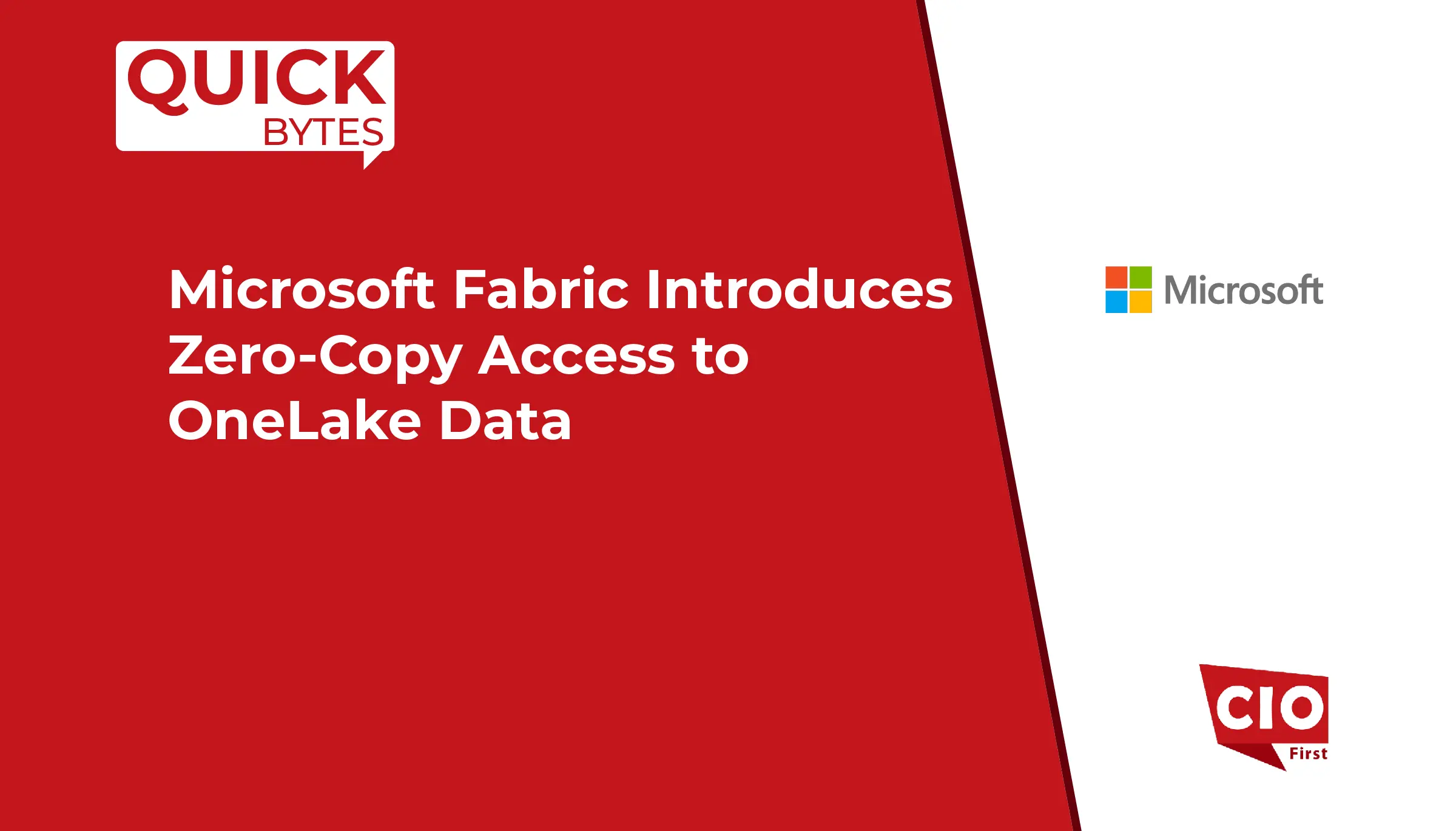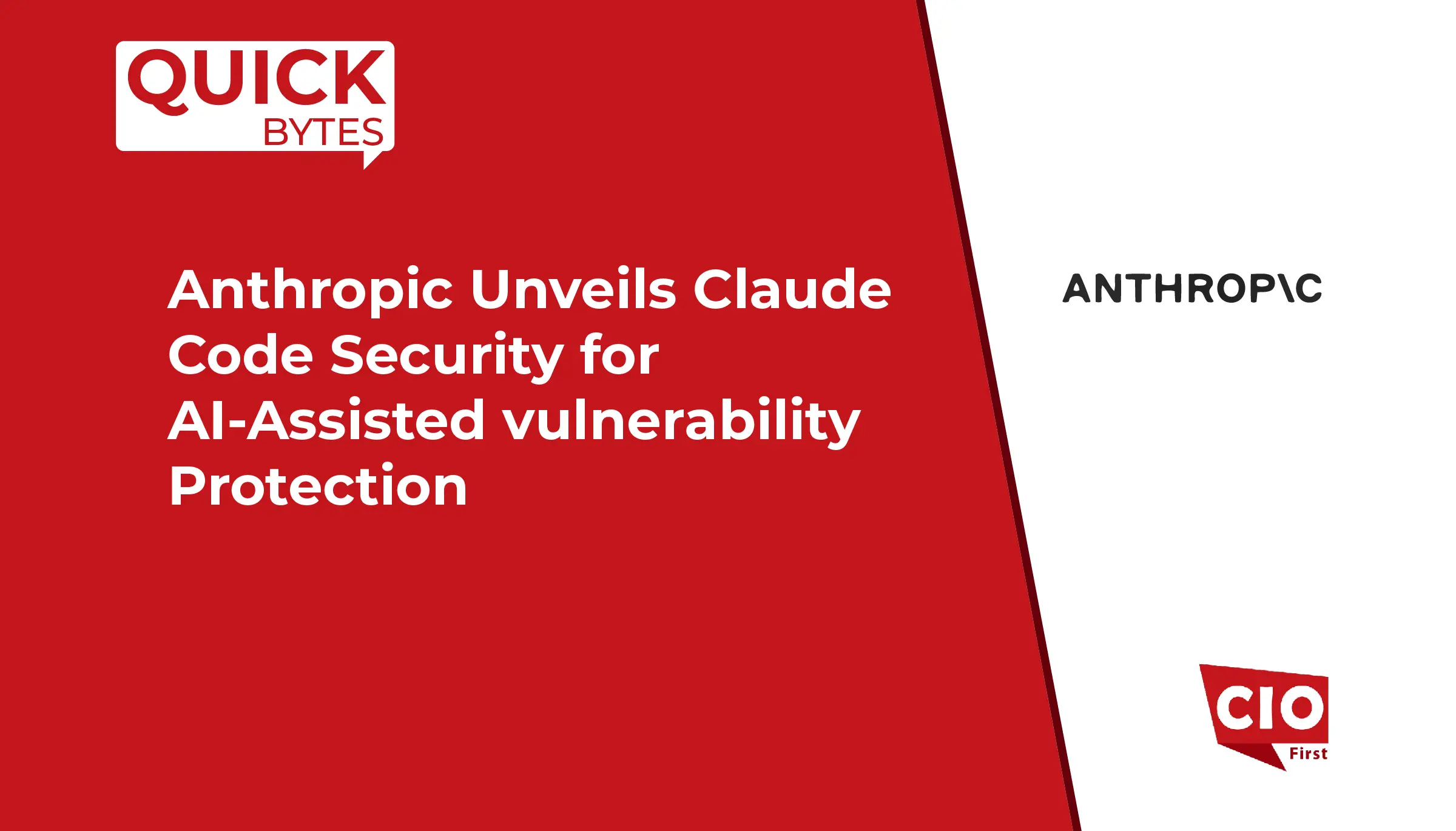IGEL, a global leader in endpoint security and provider of the IGEL Secure Endpoint OS Platform for now & next, announced that the Palo Alto Networks Prisma Browser, the first SASE-natively integrated secure browser, is now available on the IGEL App Portal. The combined solution is designed to provide seamless, Zero Trust browser-based access to SaaS, web and private applications across any user device, while dramatically reducing attack surfaces.
What the Partnership Delivers
Under this new collaboration:
The Prisma Browser-Palo Alto Networks’ first SASE-natively integrated secure browser-is now available within the IGEL App Portal aligning with IGEL’s endpoint operating system (IGEL OS).
IGEL OS provides an immutable, policy-driven endpoint environment, while the Prisma Browser offers web and SaaS access under a browser-secure architecture, delivering full visibility and control of user interactions and data.
Together, the joint solution promises: enterprise-grade security, improved application delivery, robust web protection including from compromised endpoints, enhanced compliance for regulated industries (HIPAA, GDPR, PCI DSS), and Zero Trust access from any device.
The integration is presented as a response to the evolving nature of work: with hybrid cloud, SaaS, DaaS and browser-based applications becoming central, the endpoint architecture must adapt.
IGEL’s SVP of Strategic Alliances Jim Airdo remarked:
“In today’s dynamic digital environment, protecting applications, data, and endpoint devices is mission-critical. Through this integration, organizations can achieve trusted, enterprise-grade security across their distributed operations.”
Meanwhile, Palo Alto Networks’ SVP Anupam Upadhyaya said:
Partnering with IGEL gives secure, flexible access for today’s distributed workforce. Organizations can see and control user interactions with applications and data. This helps reduce their attack surface. It also delivers a secure, seamless, high-performance experience.”
Implications for the Cybersecurity Industry
This partnership comes at a crucial time for cybersecurity. Endpoints, browser access, and cloud services are now key battlegrounds.
Zero Trust & Reduced Attack Surface
The IGEL–Prisma solution shows the shift to Zero Trust security. Here, every access is seen as untrusted until it’s verified. The solution tackles two main threats: compromised endpoints and unsafe web or SaaS access. It does this by securing browser access and monitoring endpoint behavior.
Endpoint Security Evolves
Traditionally, endpoint security focused on device hardening, antivirus, patching and centralized management. Now, as more work happens via browsers on unmanaged devices (BYOD) or thin clients, the endpoint model is evolving. The immutable IGEL OS plus secure browser architecture anticipates this evolution and strengthens the endpoint security layer.
Also Read: Red Hat Launches Developer Lightspeed for DevOps and App Modernization
Unified Approach for Browser & SaaS Security
Browsers are the new operating system-users access most enterprise apps via web interfaces. The integration acknowledges that browsers themselves need security layers, especially in SaaS-heavy environments. With built-in compliance classifiers (over 1,000 data-classifiers), regulatory industries benefit from improved control as well.
Partner Ecosystem and Growth
IGEL’s “IGEL Ready” ecosystem and Palo Alto Networks’ technology stack combine to provide a stronger channel offering for MSPs, VARs and service providers. This means cybersecurity vendors, channel partners and integrators will see opportunity in deploying holistic endpoint-and-browser security solutions.
Effects on Businesses Operating in the Cybersecurity Landscape
For businesses-from enterprise IT teams to managed service providers-the partnership has several practical implications:
Improved Security Posture with Less Complexity
Enterprises benefit from a solution that reduces the attack surface (IGEL claims up to 95 % reduction) and lowers total cost of ownership (TCO) by up to 75 %. By combining immutable OS endpoints with secure browser access, organizations can simplify their security stack, reducing reliance on multiple point-solutions.
Support for Hybrid & Remote Workforces
As distributed workforces become standard, companies need to support hybrid access securely. This integration helps deliver secure access to web apps, SaaS and private cloud services from any device, without compromising user experience or introducing massive endpoint overhead.
Regulation and Compliance Benefits
Industries like healthcare, finance, manufacturing, and government must follow strict rules. These include HIPAA, GDPR, and PCI DSS. The IGEL/Prisma solution offers compliance profiles, stops data loss, and tracks user actions. This makes compliance easier and lowers audit risk.
New Channel and Service Models
Service providers and MSPs can now offer endpoint and browser security as a managed service. IGEL’s hardware-agnostic OS and Palo Alto’s browser security support MSPs in serving smaller businesses. These companies can now use strong security for their endpoints and browsers. They didn’t have this before.
Competitive Differentiation
Companies that use advanced endpoint and browser security can stand out. This shows they have strong security credentials. It’s key for vendors serving regulated customers or those focused on digital resilience.
Challenges and Considerations
Integration and Adoption: Enterprises need to plan the shift from old endpoints and browsers to the new system. This involves change management, training, and may cause some disruption.
Vendor Lock-in vs Flexibility: The solution has strong integration. However, businesses should consider how it fits into their overall security setup and partner network.
Managing Endpoint Diversity: With BYOD, IoT, and mobile devices, keeping policies consistent is tough. This is true even with unchanging OS frameworks.
Conclusion
IGEL and Palo Alto Networks are teaming up, marking a big change in endpoint and browser security. As tasks, apps, and data shift to browser-based SaaS, securing the browser is key. It’s as crucial as securing the device.
Cybersecurity teams and business leaders must understand that endpoint protection alone isn’t enough anymore. They need a unified approach. This should combine browser security, Zero Trust access, and support for a distributed workforce. Also, it must include regulatory compliance. This model helps businesses manage cyber risk, support hybrid work, and provide a steady user experience.



























